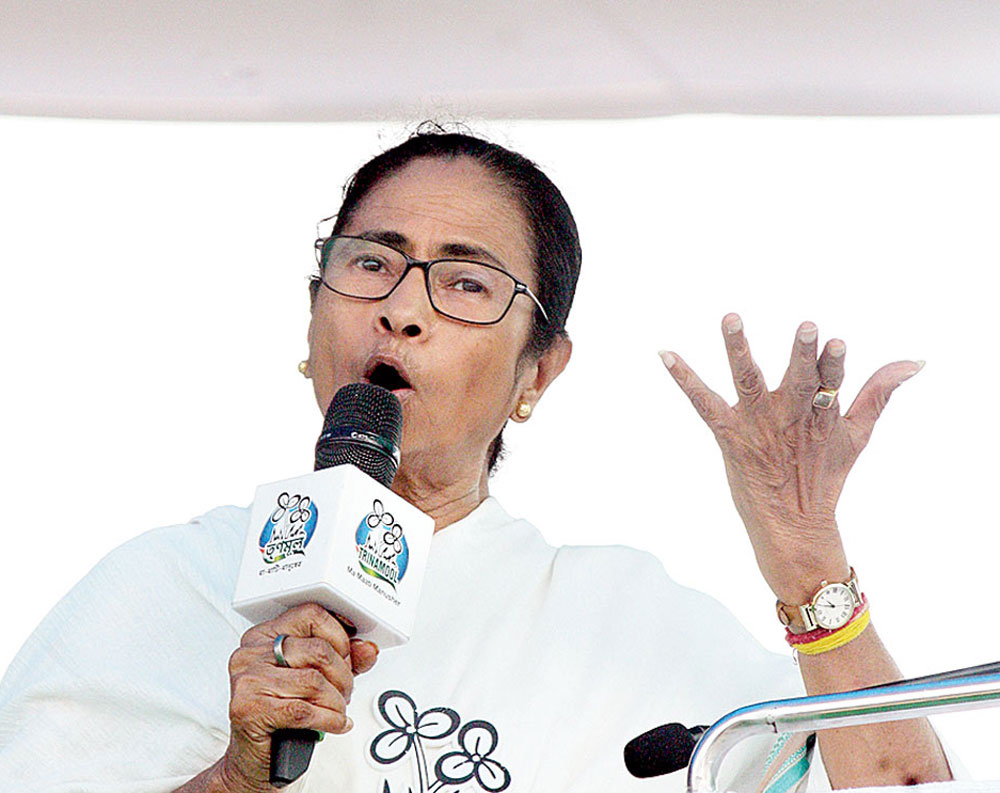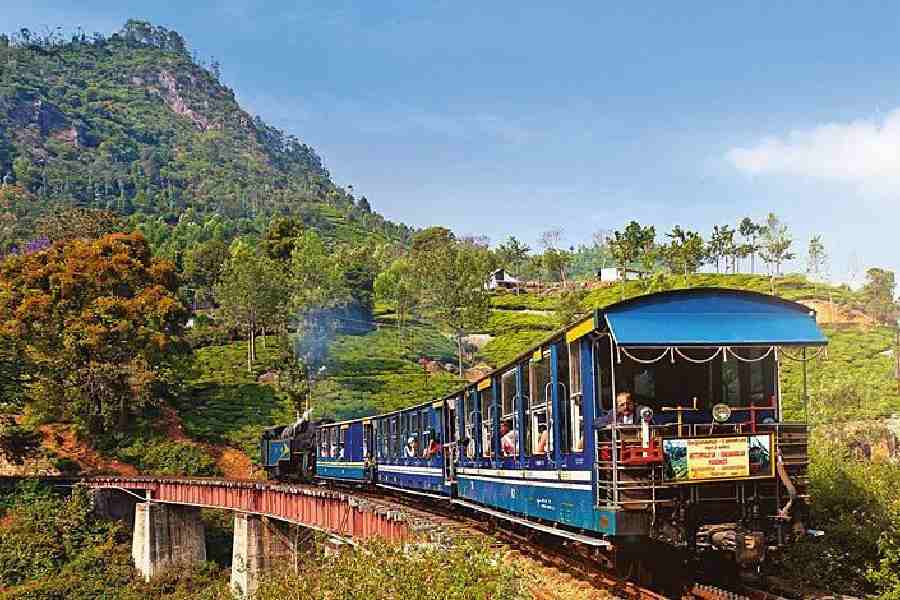The BJP’s dramatic rise in Bengal has left Congress leaders dazed but they concede their failure to forge an alliance with the Left was a key reason as a large number of people were looking to create a force that could challenge Mamata Banerjee.
The party has not yet done any serious analysis of the results of the 2019 general election. But many senior leaders have accepted in private discussions that the inability of the Congress and the Left to fortify and sustain their relationship after the 2016 Assembly polls had set the stage for the BJP’s upsurge.
“Our strategy was suicidal,” one leader told The Telegraph, but asked not to be identified.
“The 37.94 per cent vote to the Congress-Left combine in the 2016 Assembly election was a people’s invitation to a credible alternative to (chief minister) Mamata Banerjee. That tentative alliance was far from complete; the Left was in denial and the central leadership of the two parties didn’t campaign jointly,” the leader said.
“We should have consolidated our alliance on the ground and resisted the Trinamul excesses together. But the Left refused to read the ground reality and did a stunning somersault. That paved the way for the BJP.”
The BJP had polled merely 10.16 per cent of the votes in the 2016 Assembly election but its share has now soared to 40.03 per cent, a surge that has translated to 18 Lok Sabha seats.
Party candidates had then forfeited their deposits in 263 of the 291 Assembly seats they contested; now only one candidate has lost his deposit.
On the other hand, the Congress’s vote share slumped to 5.61 per cent from 12.25 per cent in 2016, while the CPM’s share slipped from 19.75 per cent to 6.28 per cent.
Deepa Das Munshi, a key opponent of a Congress-Left alliance, lost her deposit, polling merely 6.55 per cent of the votes in Raiganj.
The Lok Sabha election result appears to have convinced most central leaders of the Congress that the best option for the future is to align with Mamata’s Trinamul Congress. These leaders argue that the CPM — split between former general secretary Prakash Karat and his successor Sitaram Yechury — will not be able to think and strategise with clarity, turning itself into a mute spectator to the BJP’s rise.
“Pranab Mukherjee had warned Karat when he wanted to pull down the Manmohan Singh government over the nuclear deal that the Congress would be forced to shift towards Trinamul and that would spell doom for the Left,” one leader said.
“Had the Left not withdrawn support from UPA I, neither Trinamul nor the BJP would have been such a big force in Bengal as they are today. We would like the CPM to introspect over their strategies post the N-deal row.”
The Congress does not fully blame the Left for the collapse of the alliance for the recent parliamentary election as there were internal saboteurs in both parties, but party leaders insist the critical mistake was snapping ties after the 2016 state polls. Now the force of circumstances is pushing the Congress to embrace Trinamul again although the state unit has grave reservations.
The central leaders say Mamata too has been aggressive in her policy of crushing the Left and the Congress and questioned her handling of growing communal sentiments in the state, while calling for urgent measures to address the alleged democracy deficit in Bengal politics.
“Mamata can still salvage the situation and we must support her if any desire to block the BJP’s further rise is left within us,” one leader said.
Many senior leaders, as well as the majority of state leaders, feel that the first step Rahul Gandhi should take is reverse the appointment of a greenhorn like Gaurav Gogoi as the in-charge for such an important state.
Bengal leaders have a genuine grudge that the high command did not include any leader from the state in the Congress Working Committee or as a spokesperson. “The ad hoc policy should end and our leaders should show some foresight and drive,” one senior leader said.










